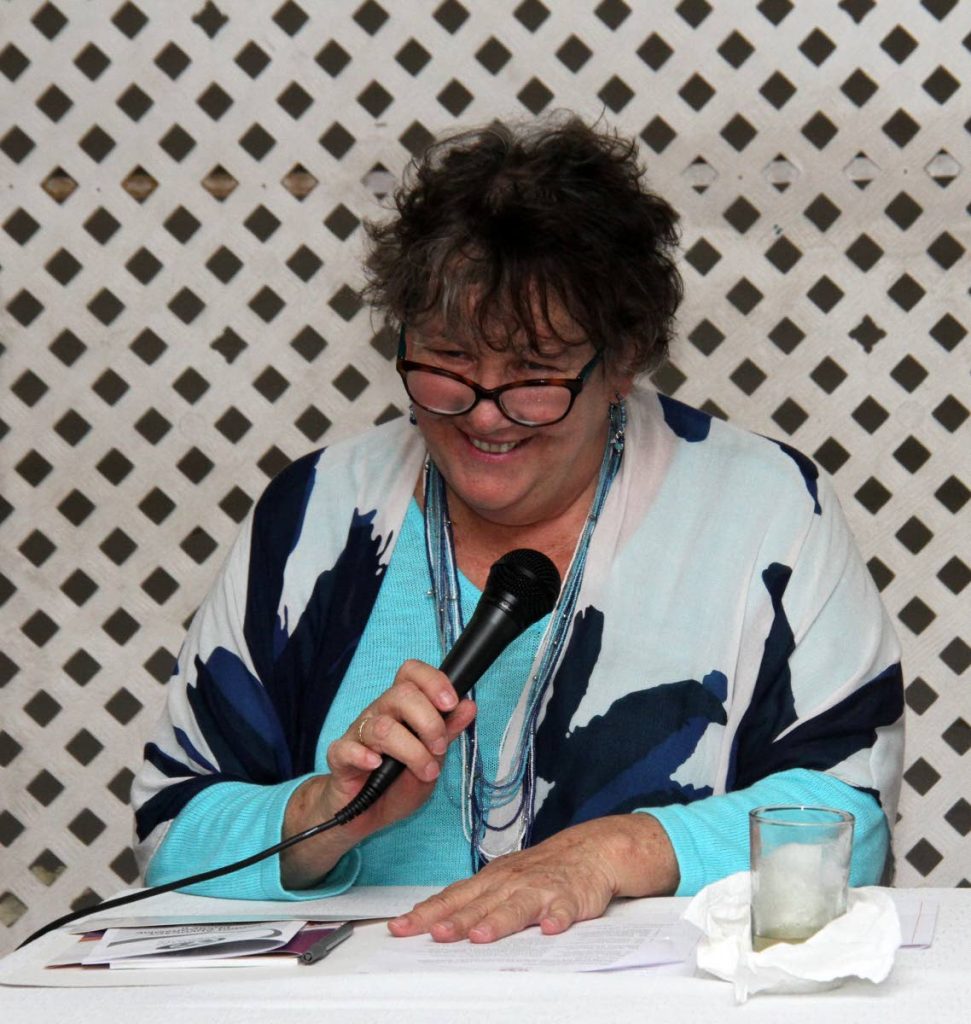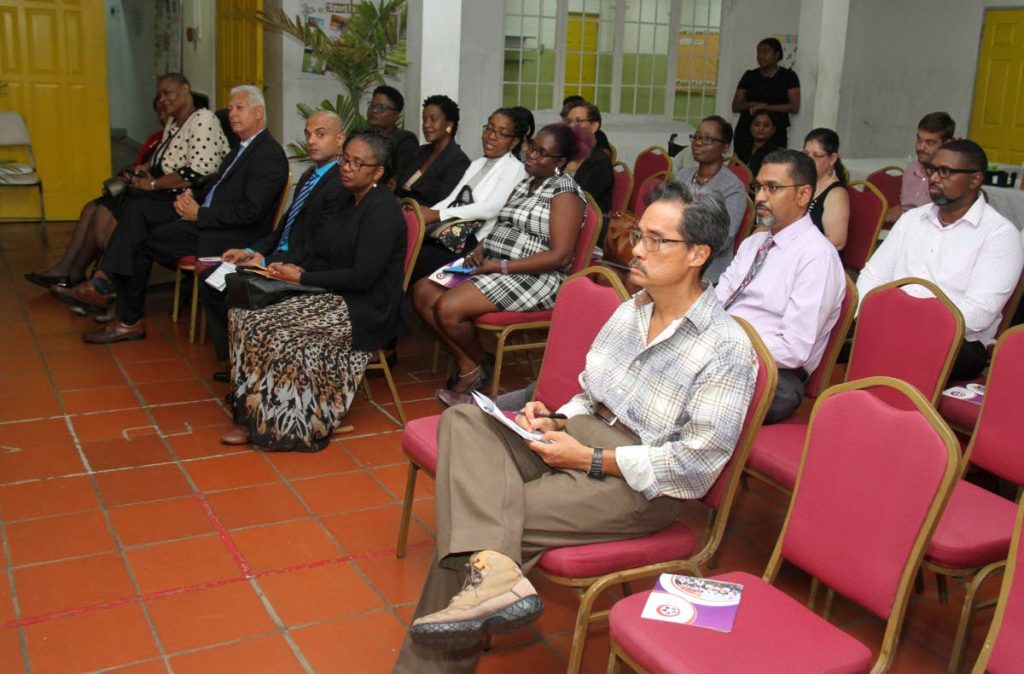Training for parents, caregivers of children with disabilities

THE Consortium of Disabilities Organisation (CODO) – an umbrella organisation with a membership of 43 disability and related organisations – is hoping for the participation and certification of around 400 parents and caregivers at the second phase of its Parent Advocacy Training Programme, starting later this year.
The programme is intended to create a platform for guardians to understand the rights of their children and to advocate where those rights might be lacking.
The second phase of the two-year-old project was launched at Immortelle Children's Centre, St Ann's, recently, with CODO president Jacqui Leotaud describing it as imperative for the protection of people with disabilities in a country where the rights for society's most vulnerable are often overlooked.
"Realistically, our culture – Trinidad culture – is not a rights-based culture. So this is a new concept for us all, not only in the disability community," said Leotaud, speaking at the launch.
"But as Albert Einstein said, 'If we change the way we look at things, the things we look at change.' He was a very smart man – and he also had autism."
The programme will run for six weeks, beginning on October 5, when parents and caregivers of children with disabilities will participate in training workshops geared towards educating and empowering the parents about the rights of their children. They will be held in Port of Spain, San Fernando, Arima and Chaguanas.
CODO's primary concern is raising awareness of issues surrounding disabilities.

"We are all about advocacy," Leotaud added. "Our biggest challenge has been raising awareness of persons with disabilities as people, and not as a charity case.
"In our quest to create a shift from the charity-based approach to a rights-based model, we hold leadership training sessions for persons with disabilities, persons working with persons with disabilities, and parents of persons with disabilities."
Phase one was launched in October 2017. Both phases were completely funded by the JB Fernandes Memorial Trust, which CODO hopes will also fund a third phase in Tobago.
"Our major outcome for this phase two project, however, is...to be able to launch a vibrant parent advocacy group," Leotaud added.
The second phase is designed to utilise the 25 parents who were certified after completing the first phase. They are expected to share their knowledge and experience with other parents and caregivers who will register at the various locations, who will then be certified upon completion. They are hoping that around 400 people will participate.
The programme dates are October 5, 12, 19, 26, and November 2. The topics to be covered will include advocacy and leadership, the UN Convention on the Rights of Persons with Disabilities, governance, using state tools for advocacy and using technology for advocacy.
"We understand that at present we have many NGOs working with persons with disabilities, as well as offering services for children with disabilities but we would like to add our voice and our special advocacy skills that we would have gained in that nine-month period and that we would pass on this additional cohort of parents...so that we can energise the movement of persons, seeking to ensure that persons with disabilities, and in our case, our children who have disabilities, will be able to reach their fullest potential and would be able to access all that is due to them as humans, as citizens, not only of TT, but citizens of the world within a framework of human rights.
CODO technical officer Mary Bastien gave further insight into the reason the programme was established.
"It came out of a recognition that parents of children with disabilities are, in fact – like medical professionals, and other alike professionals, who provide service to our children – also experts in what our children may need. And with that recognition, CODO decided to do some training with parents of children with disabilities."
Bastien, mother of a ten-year-old daughter with profound cerebral palsy and other disabilities, also completed the first phase.
"We (25 participants) would have recognised that...we are able to advocate because we recognise that the needs of our children. Advocacy also calls for some technical skills, and so this CODO parent advocacy training programme would have given us those technical skills needed."
The first phase took place at a central location, which she said, will change for the second phase to encourage increased participation.
"We learned some lessons from phase one, one of which had to do with the fact that we needed to go into the communities to access parents of children with disabilities, because of the nuances that come with getting care for children and having access to transport to come to one centralised venue."
On May 25 CODO will launch a sensitisation and information session for parents of children with disabilities.
"That is a major part of how we intend to recruit participants for this project," Bastien said. "We expect that parents in these various communities will find it easier to come to these sessions, unlike if we just had it in one centralised location, like Port of Spain or Chaguanas."


Comments
"Training for parents, caregivers of children with disabilities"